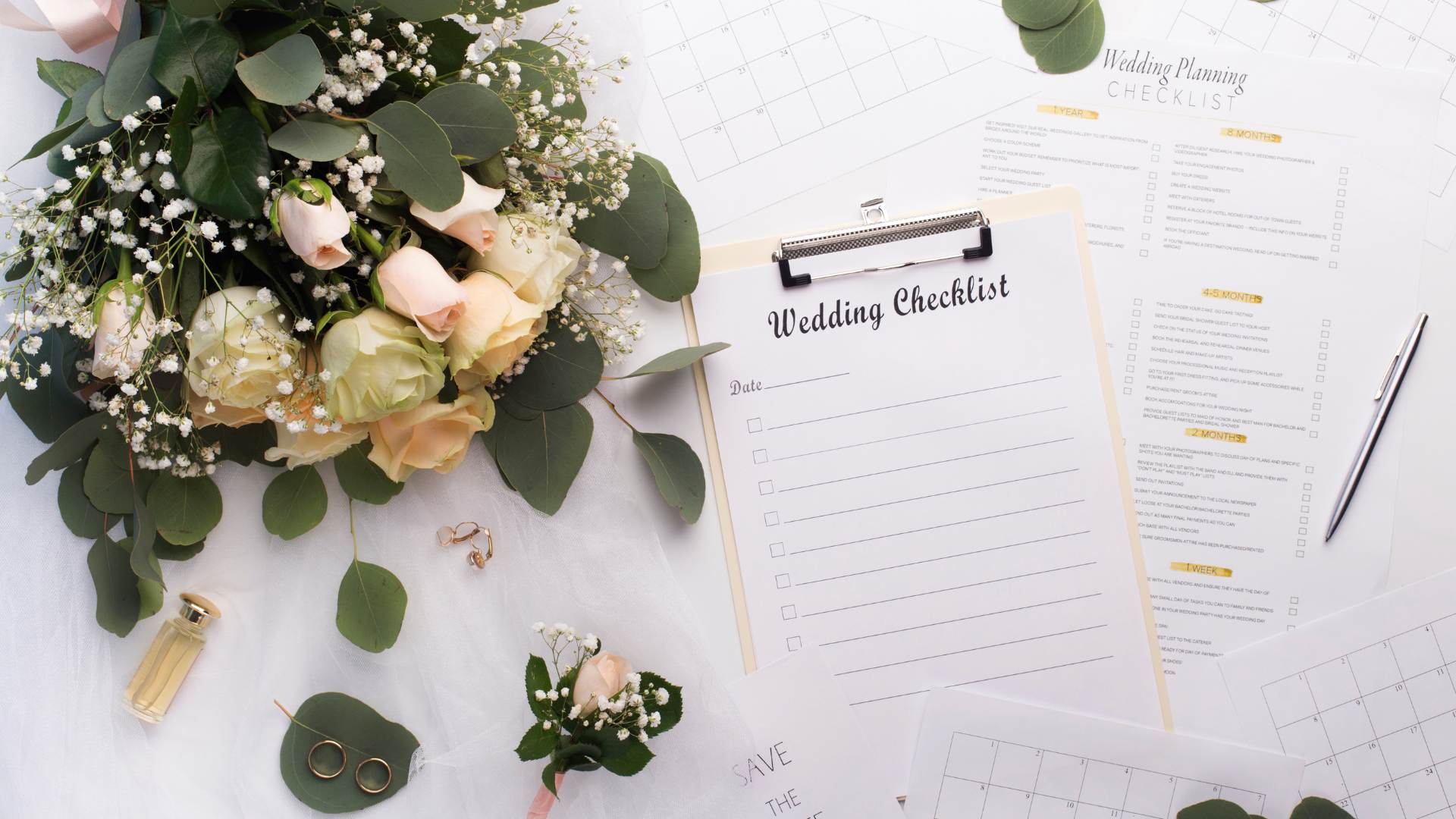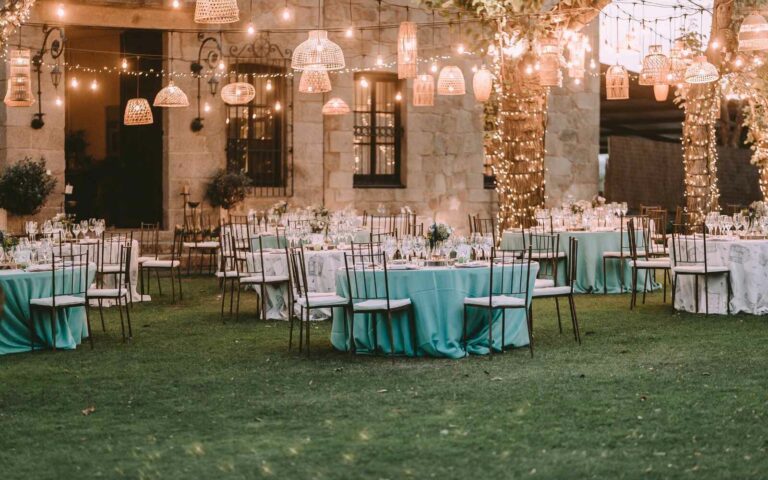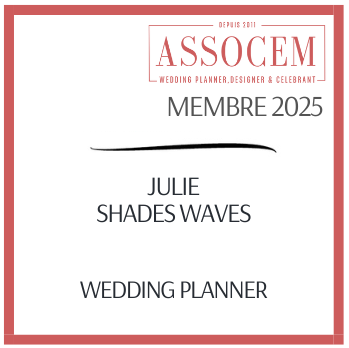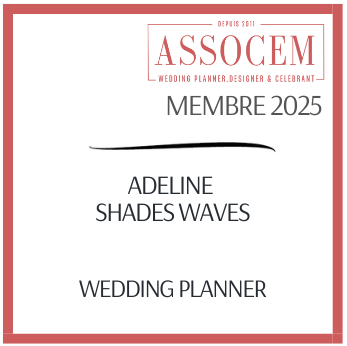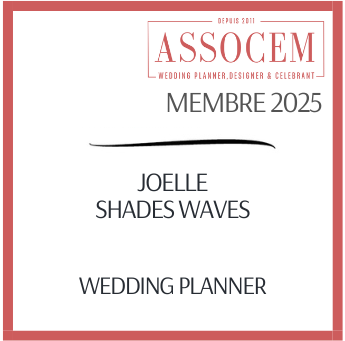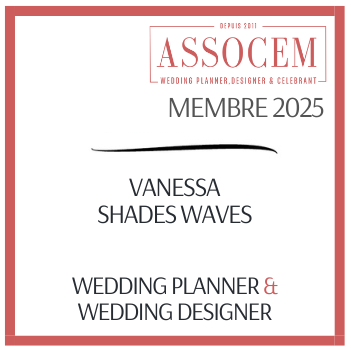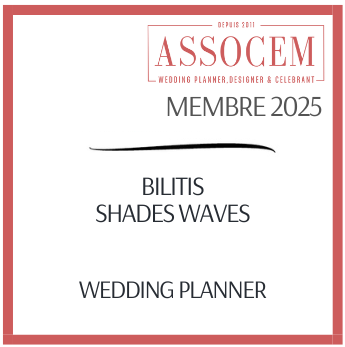Wedding planning is a process exciting, but often complex. One of the most critical, and sometimes stressful, aspects is budget management. A poorly managed wedding budget can lead to unnecessary debt and tension between you and your partner.
This article helps you avoid common pitfalls and take informed decisions to make the most of your big day. how to create a realistic wedding budget? Shades Waves is there to guide you every step of the way. wedding planning and in particular the aspect of realistic wedding budgeting, which you will discover through this reading.
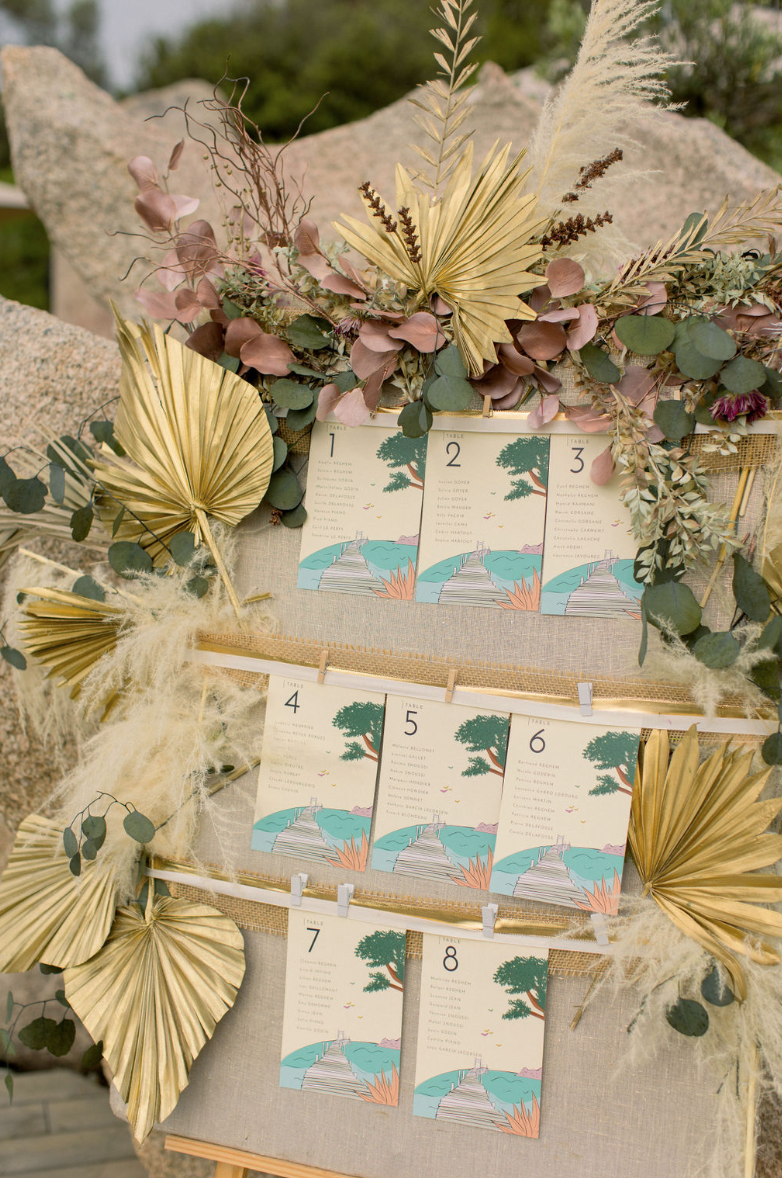
Understanding average costs
Before diving into the figures, it is essential to understand the average costs associated with a wedding. Depending on location where you live and type of wedding you want, these costs can be vary considerablyt. In general, the biggest expense items are the venue, food and beverages, wedding dress and costumes, photography and videography, and music or entertainment. Research the average costs in your area and use this information as a guide to help you make the most of your wedding day. starting point for your budget.
Wedding budget for 100 people: average costs
Here's a summary table of average expenses for a 100-guest wedding. Amounts are estimates based on general averages and may vary according to many factors, such as location, season, personal preferences and specific services chosen.
| Expense item | Estimated cost |
|---|---|
| Place of reception | 3 000 € – 15 000 € |
| Catering (meals and drinks) | 50 € - 100 € per guest |
| Wedding attire (wedding dress, groom's suit) | 1 500 € – 5 000 € |
| Photography/Videography | 1 000 € – 3 000 € |
| Flowers and decoration | 2 000 € – 5 000 € |
| Musical entertainment (DJ, band) | 500 € – 3 000 € |
| Announcements and stationery | 300 € – 800 € |
| Wedding cake | 300 € – 600 € |
| Hair and make-up | 100 € – 400 € |
| Transport (limousine, classic car) | 200 € – 600 € |
| Alliances | 500 € – 2 000 € |
| Miscellaneous expenses (guest gifts, ceremony officiant) | 500 € – 1 500 € |
Estimated total : 12 400 € – 40 400 €
It's important to note that these figures are estimates, and that the actual cost of a wedding can vary considerably depending on the personal choices and priorities of each couple. It's advisable to set a clear budget at the outset of the planning process and stick to it to avoid overspending.
Steps to calculate your wedding budget
Step 1: Assess your financial situation to prepare your realistic wedding budget
The first step in creating a realistic wedding budget is to evaluate your current financial situation. How much have you already saved? How much can you reasonably save each month until the wedding date? Do you have parents or relatives who will contribute to the budget? Answering these questions will give you a clear idea of your financial starting point and help you to avoid ruin yourself.
Step 2: Setting priorities
Once you have an idea of your financial situation, the next step is to establish priorities. What are the most important aspects of your wedding for you and your partner? Is it the venue, the food, the music, or perhaps the photography? Rank these items in order of importance and allocate more of your budget to the areas that mean the most to you.

Step 3: Search and compare prices
Once you've established your priorities, it's time to make research and compare prices. Ask for quote to several suppliers for each service you are considering. This will give you a better idea of market costs and help you negotiate prices. Don't forget to read online reviews and ask for recommendations to make sure you're working with reliable suppliers.
Step 4: Take hidden expenses into account in your wedding budget
One of the most common mistakes in wedding budget planning is to forget hidden or unexpected expenses. This can include things like tips, taxes, travel expenses for guests coming from afar, and even last-minute costs like wedding dress alterations. Be sure to allocate a portion of your budget to these unexpected expenses to avoid unpleasant surprises.

Step 5: Create an emergency fund
Even with careful planning, unforeseen circumstances may arise even with a realistic wedding budget. That's why it's wise to create a emergency fund specifically for the wedding. A good starting point might be to set aside around 5% of your total budget to deal with unexpected expenses that may arise as the big day approaches.
Step 6: Monitoring and adjusting the budget
Creating a budget is only the first step. It is just as crucial to keep track of your expenses as you get ready. Use spreadsheets or budgeting apps to track every expense, no matter how small. If you find you're going over budget in certain categories, take the time to reassess and adjust accordingly to keep your realistic wedding budget on track.

A few more tips for managing your wedding budget
Use of budgeting applications or software
In the digital age, there are numerous online tools that can help you to track and manage your wedding budget. Apps like WeddingWire, The Knot, or even custom Google spreadsheets can be great ways to keep an eye on your expenses.
Tips for saving money on various aspects of the wedding
There are always ways to reduce costs without sacrificing the quality of your big day. For example, consider getting married in low season to benefit from reduced rates on venues and suppliers. Or opt for a daytime reception rather than an evening one, which could reduce food and beverage costs.
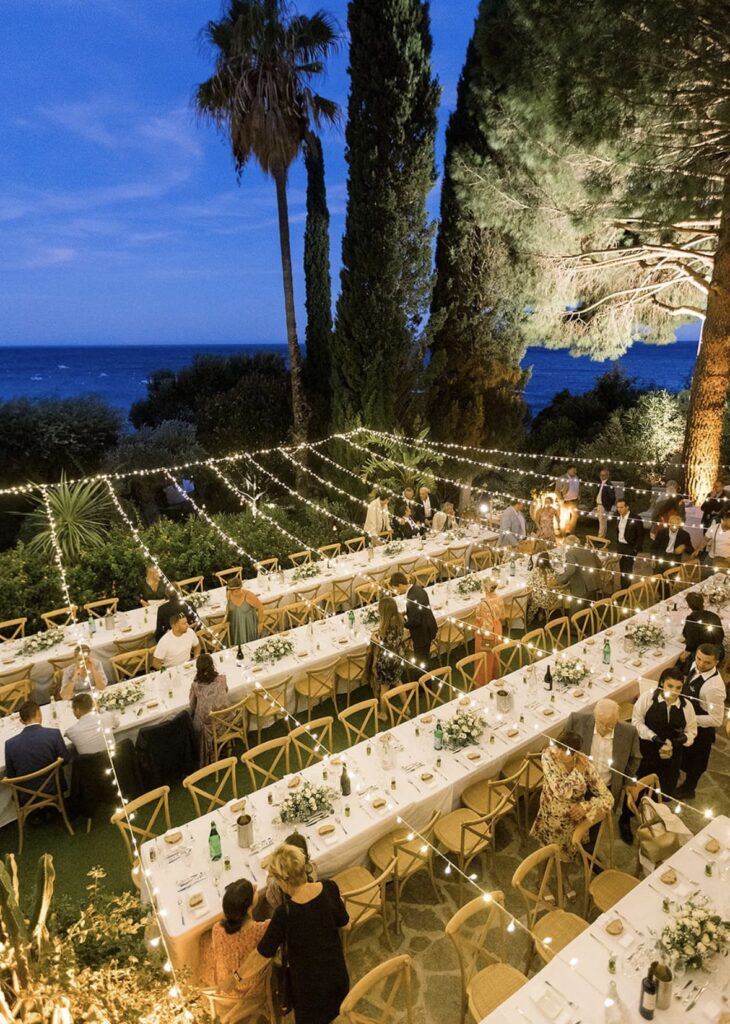
Creating a wedding budget may seem like a daunting task, but with the right meticulous planning and proactive managementit is possible to make your dream wedding come true without going into debt. The key is to start earlyto make extensive researchand track your expenses up close. Don't forget that the most important thing is to celebrate your love for each other, and that's pricelessIt's easy to say, but it's true 😉

